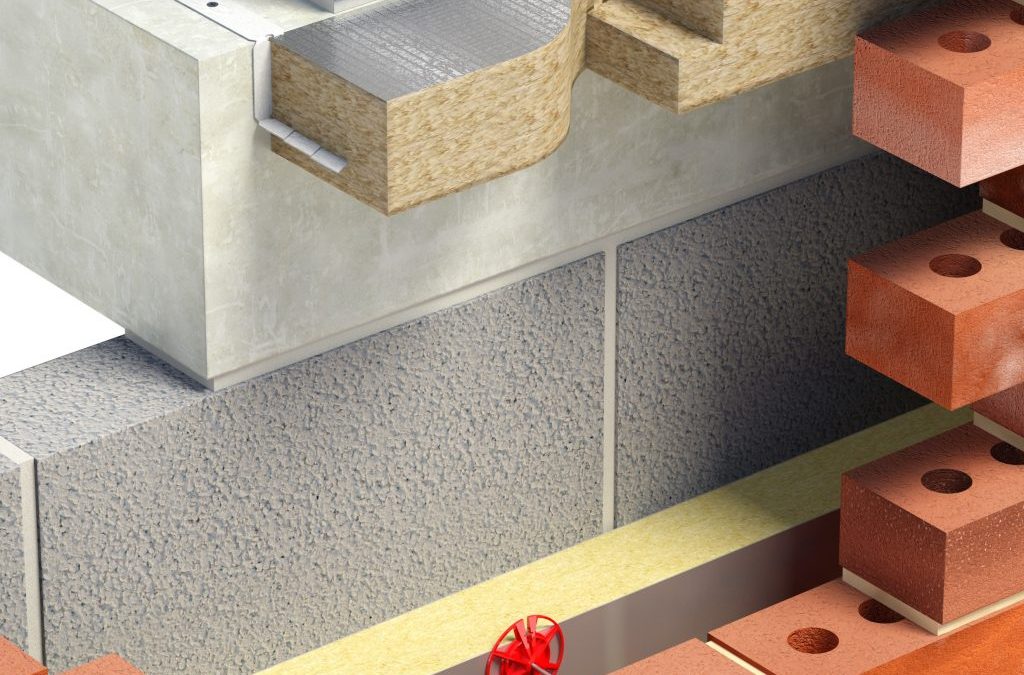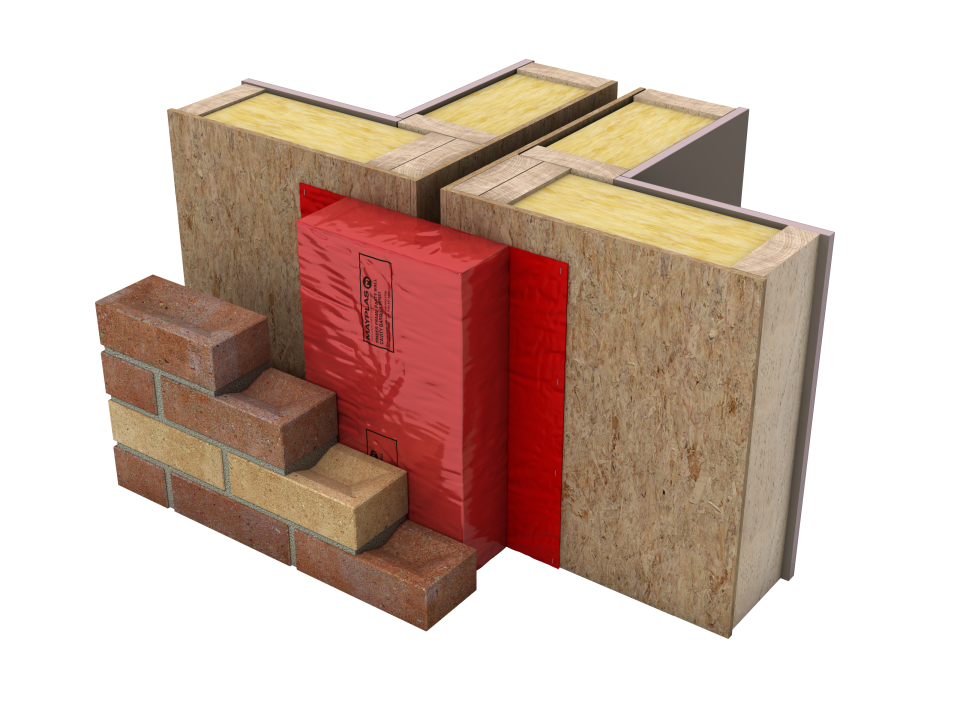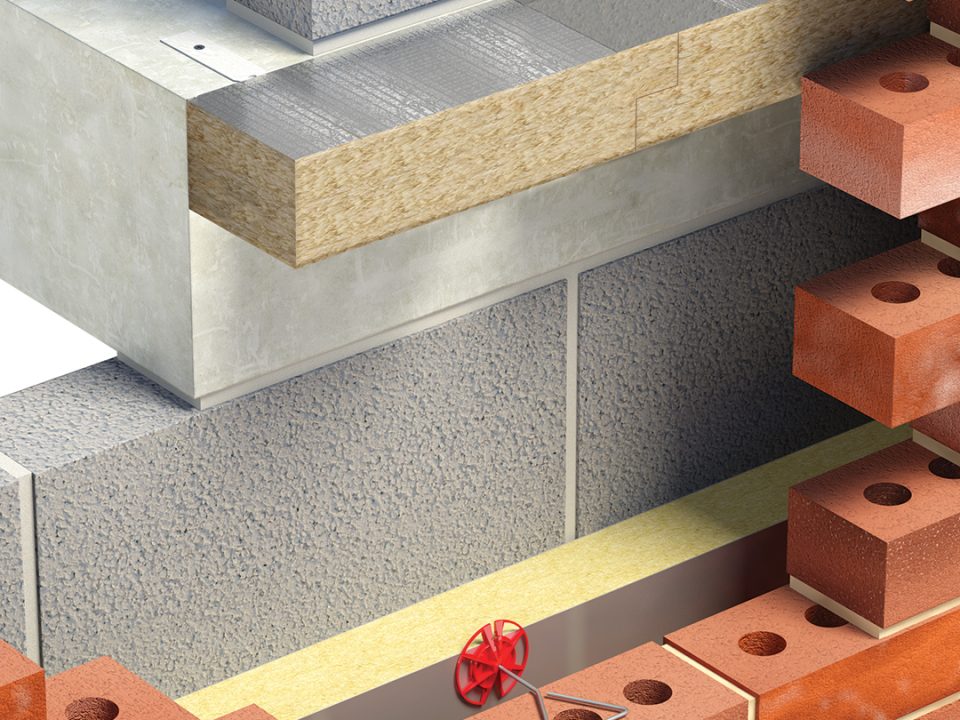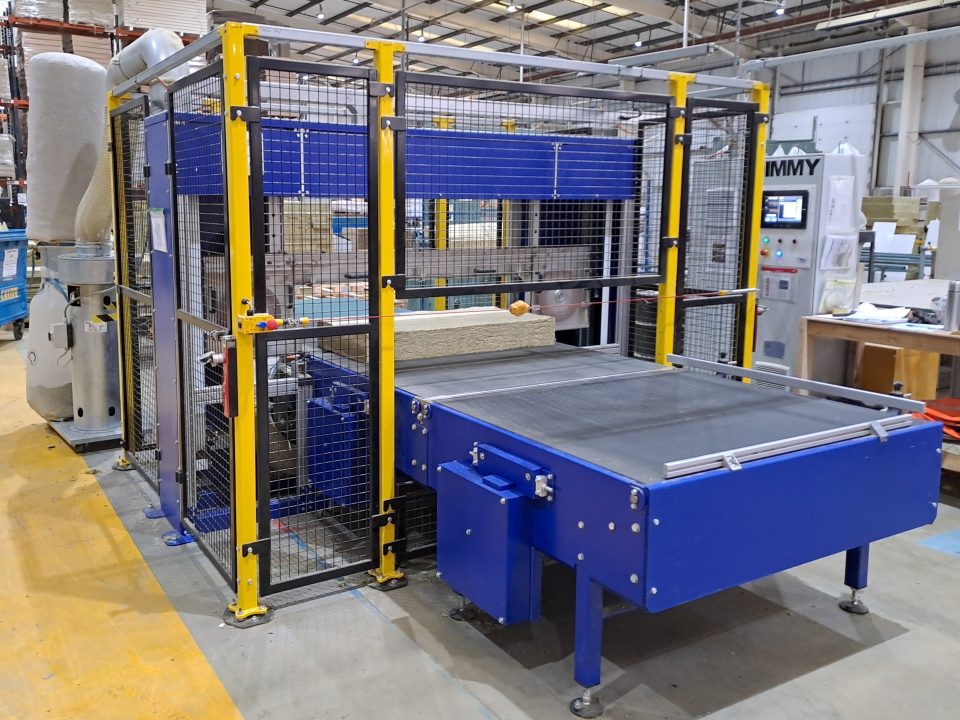Scoping cavity fire barriers and cavity closing insulation for passive fire protection – current England and Wales standards
Fire protection is a safety critical aspect of modern construction, ensuring the safety of occupants and minimising the risk of significant property damage.
At Mayplas, we recognise the critical importance of passive fire protection, particularly in the form of cavity barriers and cavity closing solutions. This article explores the vital role of fire protection, the latest UK standards, considerations for selecting insulation, and the most effective products available.
Why is fire protection so important?
Fire protection goes beyond compliance with regulations; it safeguards lives, property, and the wider community. Here’s why it is crucial:
Social
Fire protection measures provide peace of mind to building occupants, in residential, commercial, and public spaces. In high-occupancy buildings such as schools, hospitals, and offices, robust passive fire protection is essential for preventing tragic outcomes.
Performance
Effective fire barrier and cavity closing systems slow the spread of flames and smoke, giving occupants more time to evacuate and emergency services more time to respond. This can be the difference between minor damage and a catastrophic incident.
Financial
Fires can result in significant property damage, disrupting businesses and communities. Preventive measures reduce the risk of costly repairs, insurance claims, and minimise business downtime.
Legal
Failing to meet fire protection standards can lead to severe legal penalties and reputational damage.
What are the current fire protection standards in the UK as at 2025 that are affecting cavity barriers?
The UK enforces strict fire safety regulations to ensure the protection of buildings and their occupants. Key standards include:
Approved Document B: Volume1 and 2 (ADB) Part of the Building Regulations for England and Wales, this document sets out the minimum requirements for fire safety, including fire resistance in walls, ceilings, and doors.
For Resistance to Fire:
- BS 476-20 this standard sets out the general requirements for fire resistance tests. This is being superseded in 2029 with BS EN 1364-4 as the UK government move to the European classification system. There is a period of 5 years whereby both standards coexist in the ADB. For more on the standard click here.
- EN1366-4 Fire resistance tests for service installations – Linear joint seals. This document sets out method for determining the fire resistance of linear joint seals based on their intended end-use. Cavity barriers are now tested to this standard. The direction of fire travel should be declared by cavity barrier manufacturers detailing the protections intended location for e.g. at an aperture and/or mid cavity as the direction of fire travel will affect the fire resistance (integrity and insulation) of the given cavity barrier.
- BS EN 13501-2: A European standard for fire classification of construction products, focusing on fire resistance test results. The classification details what can be claimed within the Field of Application. Other methods including assessments by approved UKAS laboratories are used to gather and present the cumulative test result.
For Reaction to Fire: as the UK government move to the European classification system.
- BS 476-6 & BS 476-7 have been removed from ADB in favour of BS EN 13501-1.
- BS EN 13501-1 provides the reaction to the fire classification procedure for individual construction products, including products incorporated within building elements. The classification report that is created by the notified body for this testing will detail the test classification.
- Fire Safety Act 2021: Expands requirements to include external walls, cladding, and other relevant structures
Building Safety Act
This is driving continuous change within the construction sector and is having the effect of increasing focused ownership improving safety for all within that supply chain.
Why choose Mayplas?
At Mayplas, we specialise in high-performance passive fire protection solutions tailored to your project’s needs.
Our cavity barriers are rigorously tested to meet and exceed UK fire safety standards defined in Building Regulations. With a commitment to quality, value, and rapid turnaround, we deliver insulation solutions and systems that protect lives and property.
Ready to discuss your insulation requirements? Contact Mayplas today to explore our range of insulation solutions and to speak with our expert team.



